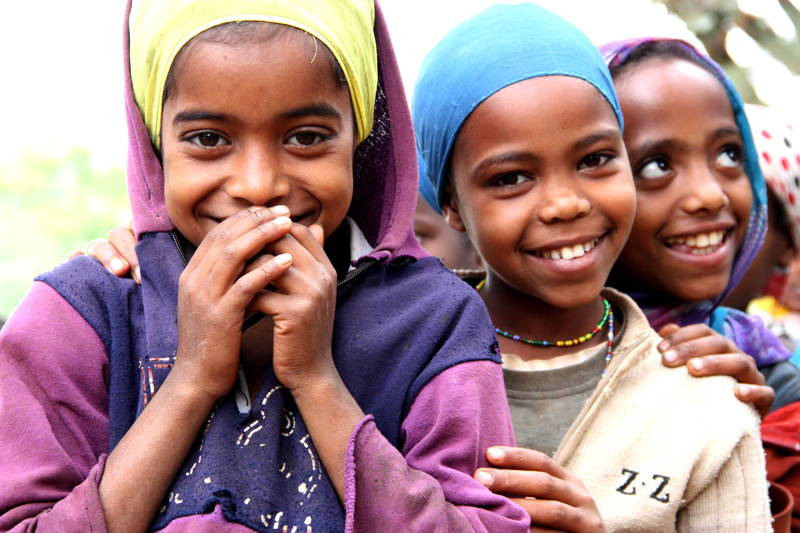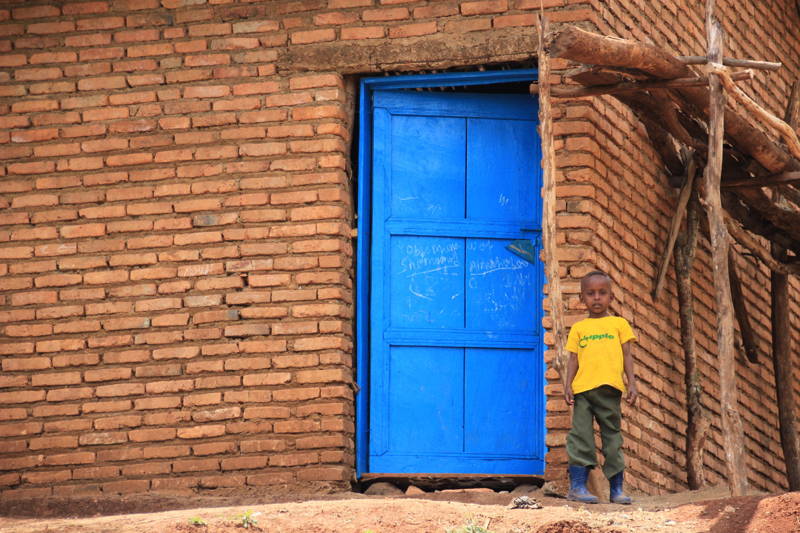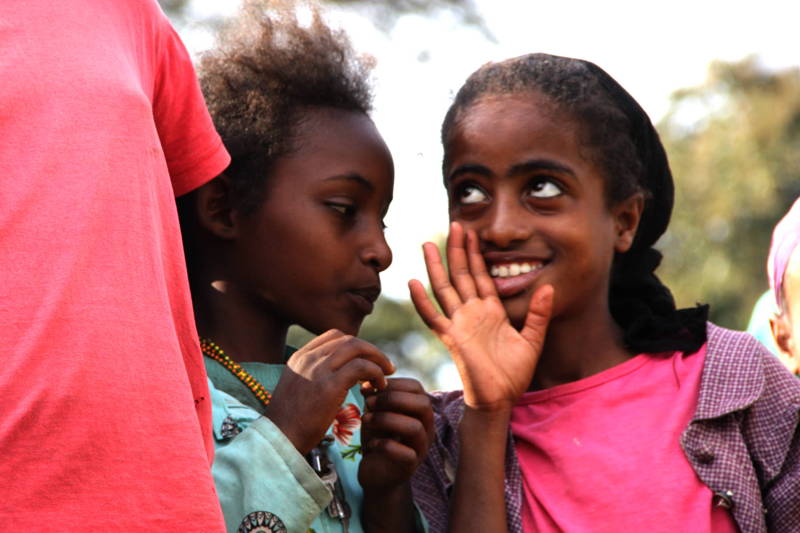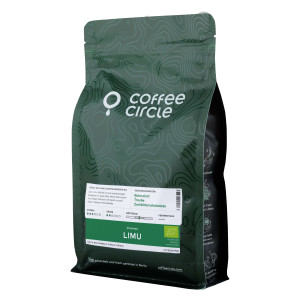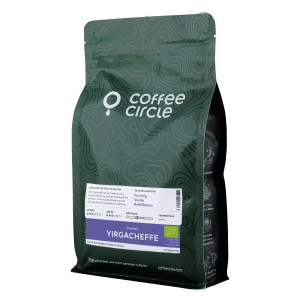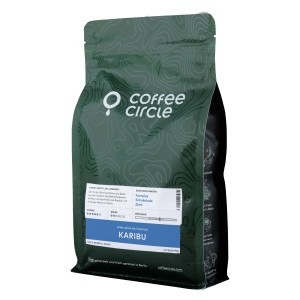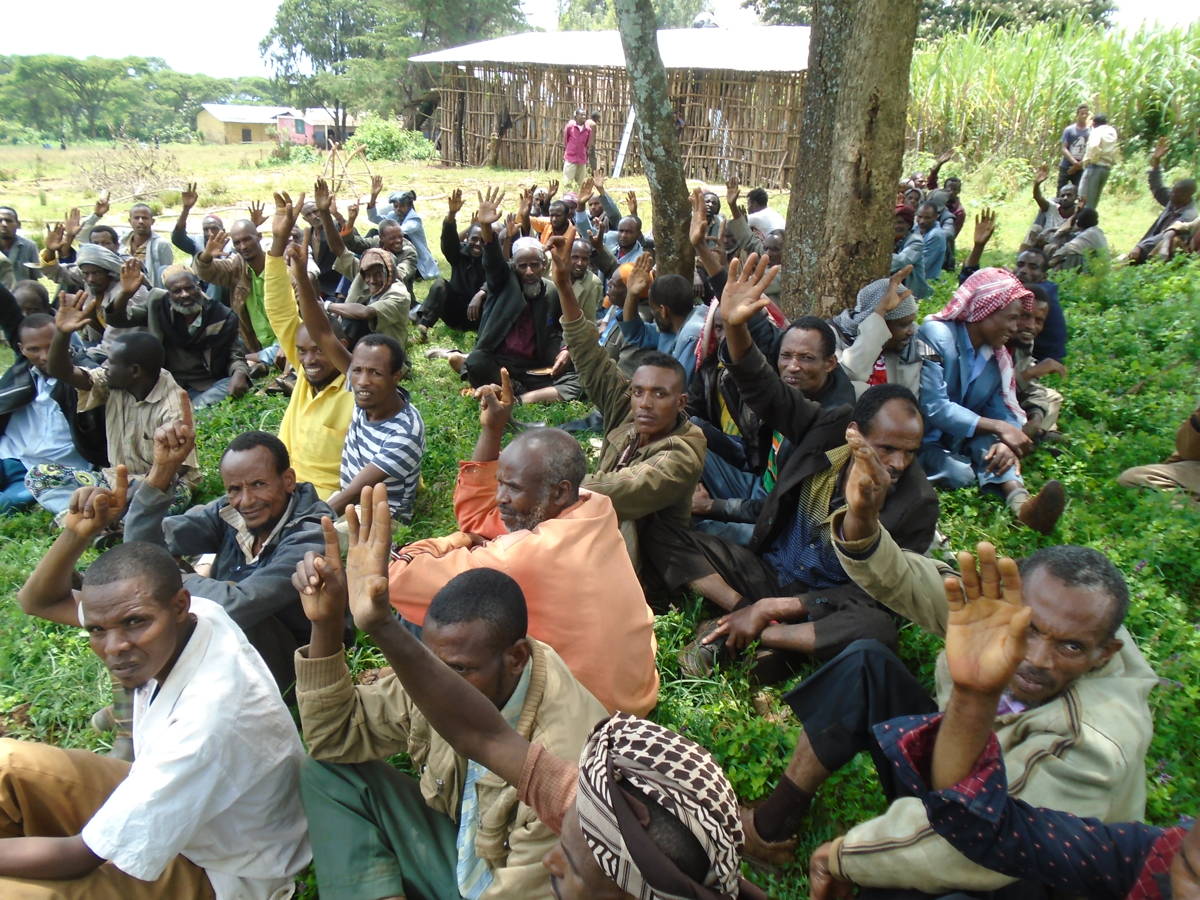
Sanitary Stations for Coffee Cooperatives in Limu, Ethiopia
As part of our WaSH project, we not only developed new sources of drinking water and provided clean water and hygiene training to thousands of people, but also worked closely with Welthungerhilfe to build and expand sanitation facilities in Limu, Ethiopia.
The WaSH project, which consists of three individual projects, is the largest and most elaborate we have ever undertaken in the history of Coffee Circle. It is also one of the most important and fulfilling, because some of the hygiene conditions in Ethiopia are catastrophic, in urgent need of improvement. So we thought about what we could do with your donations of 1 € per kilo of coffee sold.
In short
- Project volume: 56,241 € (+ 700,000 € for extension until 2024, distributed among three sub-projects)
- Implementation period: since 2015
- Region: Limu, Ethiopia
- Villages: Doyo Bikila, Doyo Tolie, Ilkie, Sakala Genefo and Andode Alaga
- Geo-coordinates: 36.65oE to 36.76oE; 7.63oN to 7.71oN
- Beneficiaries: ca. 19,000 people
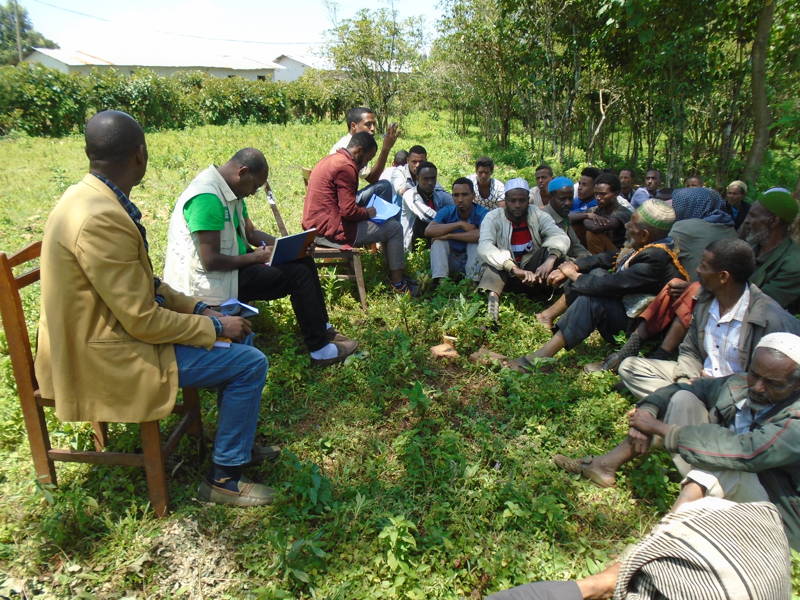
Why was this project so important?
Our health projects aim to improve drinking water and sanitation and medical (primary) care in coffee cooperatives. In Ethiopia, this is particularly necessary, as a look at statistics shows and as we saw confirmed during several of our visits. Coffee Circle managing director and co-founder Martin Elwert describes his impressions:
Stephan Eicke: Martin, how did the sanitation and hygiene sub-projects of our WaSH campaign come about?
Martin Elwert: Water has always been a big „pain point” for us. You can do a lot, but if people don’t have access to clean water, it’s pointless. Building a well is nice, but that alone doesn’t solve the problems. If you go to local hospitals, they list the top 10 diseases. 9 out of 10 are hygiene-related, such as leprosy, a disease I thought no longer existed. Infections, diarrhea, stomach problems … all are related to poor hygiene.
Did you quickly decide that hygiene training alone was not enough?
Yes. Welthungerhilfe and we consulted with water experts. We considered how much money we could spend on which project to solve the problem of poor hygiene in the long term. The experts quickly let us know that clean water alone would not help. In other regions, they had experienced that 80% of the drinking water that comes clean from a source is immediately contaminated as soon as people drink it. This was confirmed when we did our own research. There is no „0% defecation rate“ in Ethiopia, meaning that there are still people who do not use a toilet or have a place to “conduct their business” regularly. So it was quickly clear that there was a great need there.
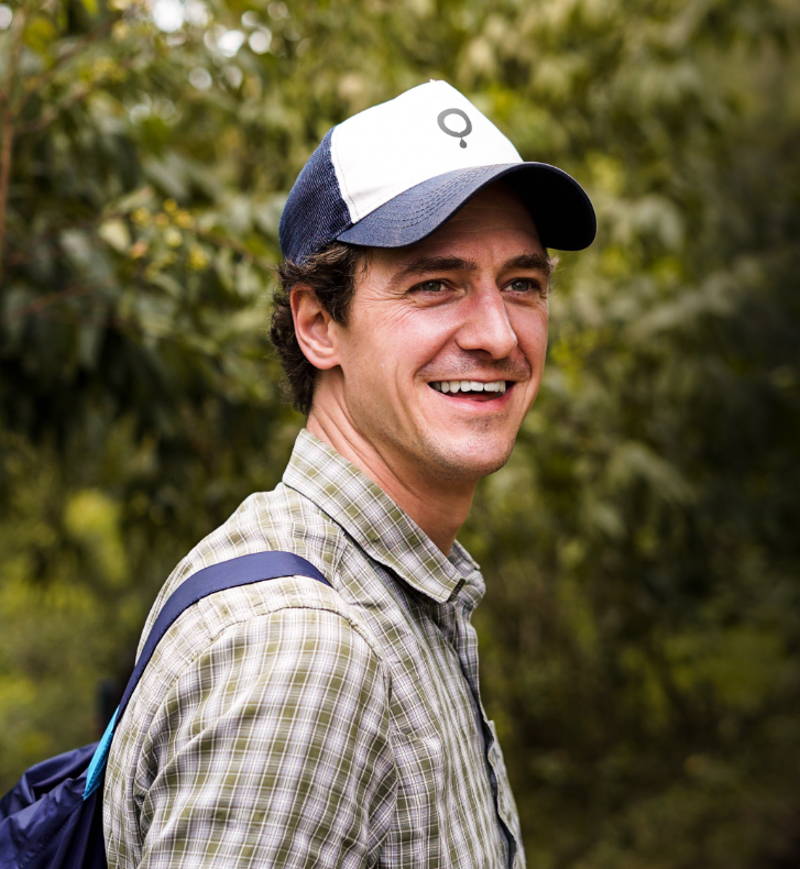
How was this project implemented?
The rehabilitation and construction of toilet facilities for more than 18,900 people improved hygiene conditions enormously.
First, it had to be decided where the sanitary facilities were needed. Not only the cooperatives themselves had a need, but also the local school attended by children of the coffee farmers. These schools were not adequately equipped, as a visit to the site showed: Around 1,000 children had to share two toilets in the form of holes in the ground. It became clear that under such sanitary conditions our hygiene training would have no effect. So, in cooperation with Welthungerhilfe, we decided to build additional toilets on site. The rehabilitation and construction of toilet facilities for more than 18,900 people improved hygiene conditions enormously.
The construction of the sanitation facilities went hand in hand with the hygiene trainings that were also held on site, which we report here in detail. There are many different methods to design these trainings. In our WaSH project, for example, „Community Led Total Sanitation and Hygiene (CLTSH)“ is one of these methods. The aim of the method is to become and stay „ODF (Open Defecation Free)“ together within the village community. This means that none of the residents have to move their bowels and urinate in the open anymore. In the households, in villages and schools within all five kebeles (the village administrations), regular checks were carried out using checklists. They were supervised by health workers.
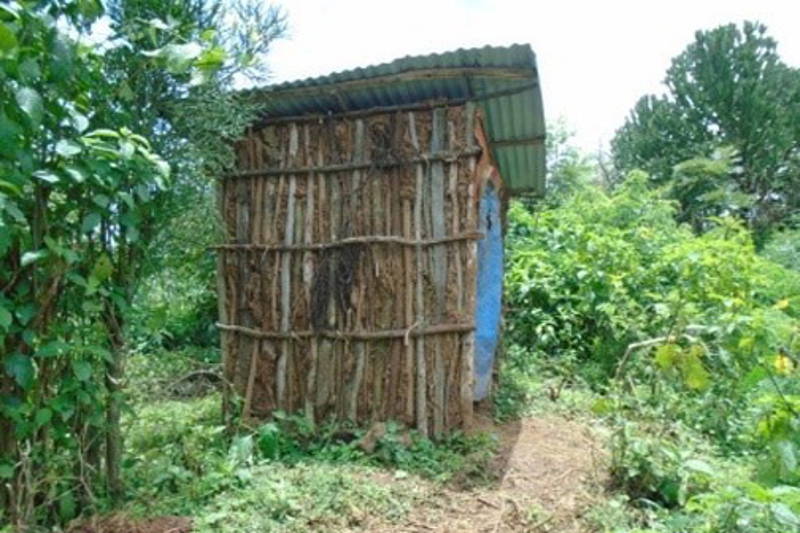
Our Coffees from Ethiopia
What has changed?
Already in June 2017 we celebrated reaching a milestone: We are very happy that almost all villages have built community latrines (i.e. public toilets that every village member can use). All households have their own toilets that collect human excrement in a pit. This pit is covered with a slab in which a hole has been placed. A cabin surrounds the latrine for protection.
Although it sounds simple, the construction of such a latrine is not. After all, the construction is subject to strict regulations. The groundwater must not be contaminated. In addition, it must be decided when and how the pit will be emptied. All households now have the opportunity to use a latrine instead of doing their business outdoors as before. All materials for the construction of these toilets, for example the wood, come from the region itself. Nothing was imported, so that a contribution can be made to the sustainable use of the latrines. In this way, they can also be repaired quickly.
The goal of setting the „open defecation rate“ at 0% could probably never have been achieved without the energetic support of the local government and the workshops on the construction and cleaning of toilets in households that Welthungerhilfe helped organize. However, your donations also played a decisive role.
In September 2021, we signed a contract with Welthungerhilfe in which we committed to continue the WaSH project with its three sub-projects until December 31, 2024 and to support it financially with a total of 700,000 €. The planning and evaluation phase started on September 1, 2021 and will last six months. We will of course keep you informed about the next steps and concrete implementation plans.
A report by Stephan Eicke
